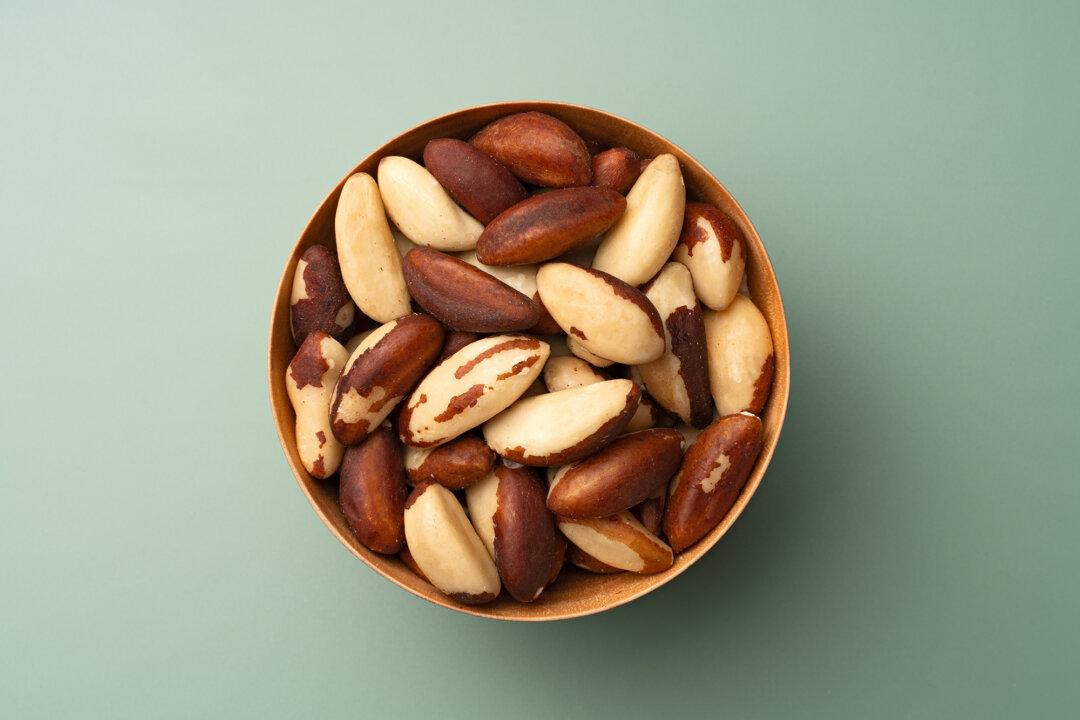You may not feel it, but an imbalanced gut could be weakening your bones.
“The bone–gut–immune axis is very real, and we can’t separate bone health from systemic health,” Jodi Duval, naturopathic physician and owner of Revital Health, told The Epoch Times.
Unhealthy Microbiome Saps Your Bones
The gut microbiota may affect bone health in several ways, including regulating inflammation, enhancing nutrient uptake, and producing compounds vital for bone formation. A healthy microbiome helps us absorb key bone-building nutrients such as calcium, magnesium, phosphorus, vitamin D, and vitamin K2.Certain gut bacteria also enhance how well these nutrients dissolve and are absorbed in the intestines. Some even produce proteins that bind to calcium, making it easier for the body to transport and use it where it’s needed most—particularly in the bones, Theresa Gentile, registered dietitian, told The Epoch Times. One of the most well-studied pathways involves inflammation—specifically, how an imbalanced microbiome can set the stage for bone loss.
An imbalance in gut bacteria, known as dysbiosis, can damage the gut lining and allow harmful substances to enter the bloodstream. Dysbiosis triggers systemic inflammation, which accelerates bone breakdown and disrupts the natural cycle of bone resorption and formation. Over time, this can contribute to conditions such as osteopenia and osteoporosis. Inflammation also reduces bone mineral density, causing more bone loss.
The natural process of bone resorption releases calcium and growth factors, which the body can use to support immune responses and tissue repair. Inflammation suppresses bone formation because building new bone is energy-intensive and not a priority during an acute inflammatory response. Furthermore, inflammation can damage the gut lining, disrupting nutrient absorption and altering the microbiome—both important for optimal nutrient uptake.
“The more diverse the microbiome, the more protective its influence appears to be on bone tissue,” Duval said.
In addition to supporting nutrient absorption, certain gut microbes also help produce key compounds involved in bone metabolism, such as vitamin K, which supports bone health by encouraging bone formation and limiting bone breakdown.
How to Support the Gut–Bone Axis
Make sure to support a healthy gut, starting with what you eat.Dietary Strategies
To support both the gut and bones, Duval recommended focusing on a diverse, nutrient-dense diet that nourishes beneficial bacteria and supplies the building blocks for strong bones. Her main strategies include:- Eat More Fiber-Rich Whole Foods: Prebiotic fibers found in vegetables, legumes, onions, garlic, and resistant starches feed beneficial gut bacteria and improve mineral absorption.
- Include Fermented Foods: Sauerkraut, kefir, and miso help replenish healthy microbes and may reduce inflammation in the gut.
- Incorporate Collagen-Rich Foods and Bone Broth: Collagen and amino acids such as glycine and proline help maintain the gut lining and support bone tissue.
- Choose Foods Rich in Vitamin K2: Natto, grass-fed dairy, and egg yolks help direct calcium into bones rather than soft tissues such as arteries.
- Add Polyphenol-Rich Plants: Berries, herbs, olive oil, and green tea contain compounds that reduce oxidative stress and promote microbial diversity.
- Limit Sugar, Alcohol, and Highly Processed Foods: Sugar, alcohol, and highly processed foods can disrupt the microbiome and reduce the body’s ability to absorb and use key nutrients.
Calcium is essential for bone strength and is found in dairy, tofu, and leafy greens. Its absorption is enhanced by short-chain fatty acids produced by gut bacteria.
Vitamin D is needed for calcium absorption and immune support and is found in fatty fish, egg yolks, and fortified foods. The microbiome may help regulate its activation in the body.
Magnesium and phosphorus support bone mineralization and are found in nuts, seeds, legumes, leafy greens, and dairy. A balanced gut environment improves their absorption.
Prebiotics and Probiotics
Beyond diet, synbiotics can help prevent and treat osteoporosis by influencing gut bacteria.Additional Considerations
It’s not just diet and supplements that matter—other lifestyle factors can also have an effect on the gut–bone connection.“One thing I always look at is medication use,” Duval said.
“Drugs like proton pump inhibitors, antibiotics, and corticosteroids can disrupt the gut microbiome and, over time, negatively affect bone density, especially if their effects aren’t balanced with proper nutrition.”
However, before discontinuing any prescription medications, please speak with your physician.
Movement and sunlight also play a vital role—both support the microbiome and directly influence bone strength, according to Duval.
“Remember, it’s always about the bigger picture: The bones don’t thrive in isolation, they respond to the whole ecosystem,” she said.






